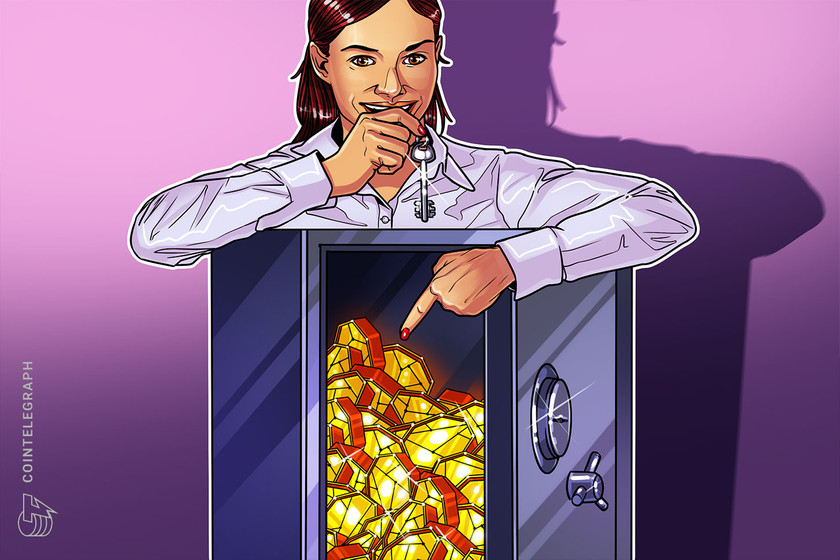[the_ad id="2528"]
[ad_1]
The fall of the FTX crypto exchange forced many to reconsider their overall approach to investments — starting from self-custody to verifying the on-chain existence of funds. This shift in approach was driven primarily by the lack of trust crypto investors have in the entrepreneurs after being duped by FTX CEO and co-founder Sam Bankman-Fried (SBF).
FTX crashed after SBF and his accomplices were caught secretly reinvesting users’ funds, resulting in the misplacement of at least $1 billion of client funds. Efforts to regain investor trust saw competing crypto exchanges proactively flaunting their proof-of-reserves to confirm users’ funds’ existence. However, community members have since demanded that the exchanges show their liabilities to safeguard the reserves.
With SBF, the self-proclaimed “most generous billionaire,” commiting fraud in broad daylight with no visible legal implications, investors must maintain a defensive stance when it comes to protecting their investments. To safeguard assets from fraud, hacks and misappropriation, investors must take certain measures to keep total control of their assets — often considered as best crypto investment practices.
Move your funds out of the crypto exchanges
Crypto exchanges are widely used to purchase, sell and trade cryptocurrencies in exchange for a small fee. While other methods, including peer-to-peer and direct selling, are always an option, higher exchange liquidity allows investors to match orders and guarantee no loss of funds during the transaction.
The problem arises when investors decide to keep their funds in wallets provided and owned by the exchanges. Unfortunately, this is where most investors learn the lesson “not your keys, not your coins” the hard way. Cryptocurrencies being stored on exchange-provided wallets are ultimately in possession of the owner, which in the case of FTX users, was misused by SBF and associates.
Evading this risk is as simple as moving the funds out of the exchange to a wallet with no shared private keys. Private keys are secure encryptions that allow access to the funds stored in crypto wallets, which can be recovered using a backup phrase in case of misplacement.
Hardware wallet: The safest bet for storing cryptocurrencies
Hardware wallets offer total ownership over the private keys of a crypto wallet, thus limiting the funds’ access only to the owner of the hardware wallet. After procuring cryptocurrencies from an exchange, users must voluntarily…
Click Here to Read the Full Original Article at Cointelegraph.com News…
[ad_2]
